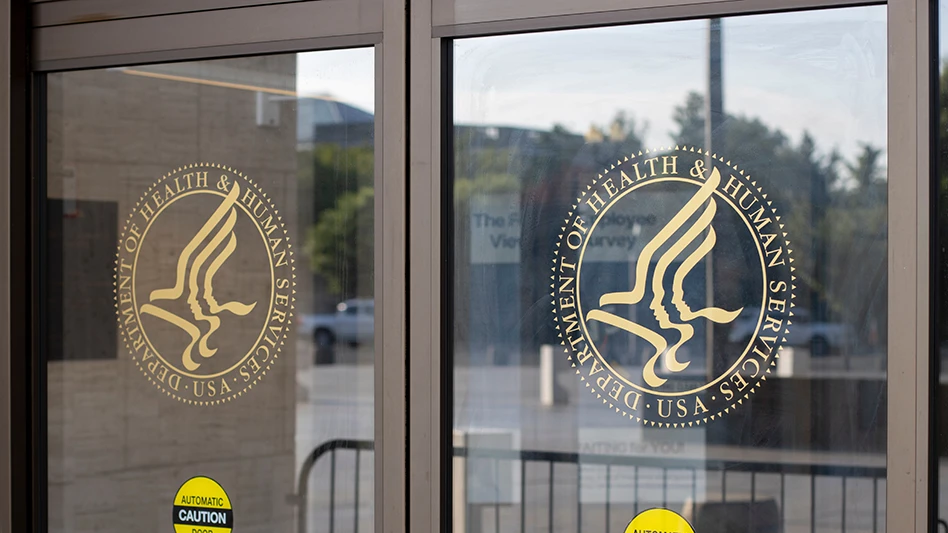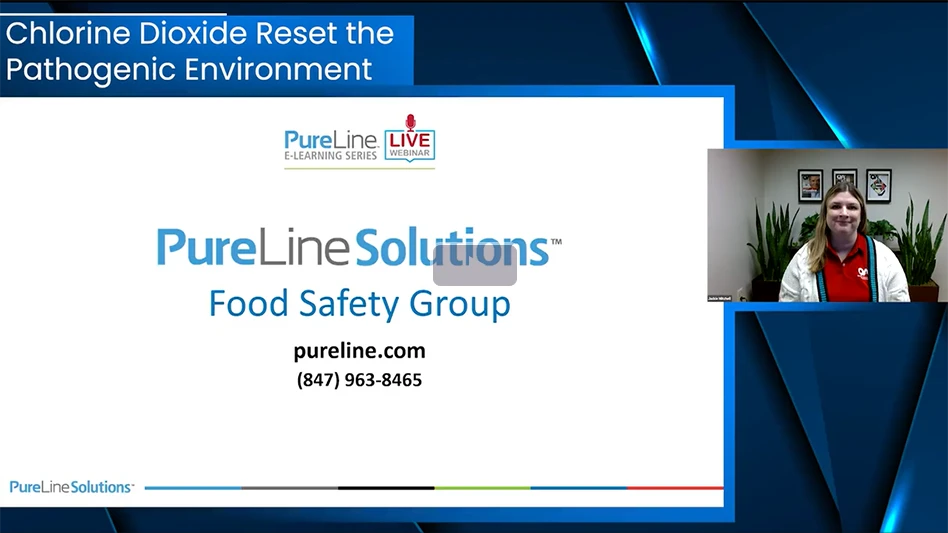
With the foundational rules of the Food Safety Modernization Act (FSMA) becoming final in 2015 and 2016, and compliance dates extending over the next few years, the industry is now at the reanalysis point.
As stated in the Preventive Controls (PC) Rule, along with reanalyzing your food safety plan any time there is a change or issue, “you must conduct a reanalysis of the food safety plan as a whole at least once every three years.”
While the years of COVID-19 may have diverted some attention from this, both by facilities and the Food and Drug Administration (FDA) itself, I would expect it to become an FDA focus this year. So, if you haven’t taken a good look at your programs to determine if you are still properly managing risks, if you’re compliant with all aspects of FSMA, if your records are good and if your reanalysis is documented, I would highly recommend you do so now.
I expect FSMA compliance to be high on FDA’s radar this year, particularly related to the Foreign Supplier Verification Program (FSVP) rule and the food safety plans of the PC Rule.
FDA likes pulling on loose threads, and when they find them in the industry, they keep tugging on them until they completely unravel. Issues with imported foods is one of those loose threads on which FDA set a great deal of regulatory focus in 2021. Importing companies were hit with warning letters, 483s and even import alerts.
In fact, during the third quarter alone, FDA issued approximately 1,200 Import Refusals detaining regulated product. While an import can be refused for anything deemed to be a food safety violation, the establishment of FSVP added the ability for FDA to refuse a shipment with no detected food safety violation if the importer had not complied with FSVP requirements.

So, if you are required to have an FSVP and your program still has loose threads, take a good look at what is needed to get all the ends stitched together. Otherwise, you may find that pandemic shortages aren’t the only issues impacting your foreign supply chain.
In other FSMA oversight, 2021 found inspectors spending more time looking at Prevent Controls Food Safety Plans (FSPs) and asking in-depth questions on risk-based controls.
With the agency publishing an appendix on what should be considered as risk, some facilities are being asked about unrelated risks and why they don’t have controls in place. The facility then has to explain why X is not a risk in its product or process.
Because of this, it is critical that facilities ensure that their FSP hazard analysis is robust, solid and addresses current risks.
Have you considered all potential risks? Are your preventive controls validated and working? Have you (as I discussed at the beginning of this column) looked at the details and depth of your FSP and reanalyzed all risks and controls within the last three years, as well as at the time of any significant activities change, if new information on potential hazards became available, after an unanticipated food safety problem, and/or if a preventive control or the FSP was found to be ineffective? It is essential to have it right, because FDA is handing out 483s when you don’t.
FSMA has been the primary regulation of the food industry for more than a decade, but as its name implies, it continues to be regularly modernized as the world evolves to ensure that the food industry evolves along with it. And with FDA continuing to evolve FSMA as part of its New Era of Smarter Food Safety initiative, I expect that modernization to be a strong focus of 2022.

Explore the January February 2022 Issue
Check out more from this issue and find your next story to read.
Latest from Quality Assurance & Food Safety
- Kim Heiman Elected to Second Term as President of Wisconsin Cheese Makers Association
- FAO Launches $150 Million Plan to Restore Ukrainian Agricultural Production
- Pet Food Company Implements Weavix Radio System for Manufacturing Communication
- Penn State Offers Short Course on Food Safety and Sanitation for Manufacturers
- USDA Announces New Presidential Appointments
- FDA to Phase Out Petroleum-Based Synthetic Dyes in Food
- IFT DC Section to Host Food Policy Event Featuring FDA, USDA Leaders
- CSQ Invites Public Comments on Improved Cannabis Safety, Quality Standards





